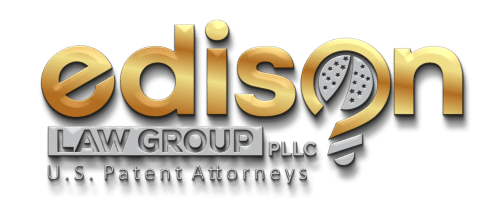What is a patent for software?
A software patent is a legal protection granted by a government to the inventor of a novel and non-obvious software invention. It provides the inventor with exclusive rights to use, make, sell, and distribute the software for a specified period, usually 20 years from the date of filing the patent application.
To qualify for a software patent, the invention must meet certain criteria, including being novel (not previously known or publicly disclosed), non-obvious (not something that would be obvious to someone skilled in the field), and it must have a practical application.
Software patents can cover various aspects of software, such as algorithms, methods, processes, user interfaces, and specific functionalities. However, the patentability of software can vary by country, and different jurisdictions have different rules and standards for what can be patented.

What are software patents examples?
- Compression Algorithms: Patents have been granted for various compression techniques used in software, such as MP3 audio compression or JPEG image compression.
- Encryption Methods: Certain encryption algorithms and methods for securing data transmission or storage have been patented.
- Graphical User Interfaces (GUIs): Unique user interface designs or interactive features within software applications have been patented. For instance, Apple’s “slide to unlock” feature on smartphones was patented.
- Search Algorithms: Specific algorithms used in search engines or data retrieval systems have been patented to protect their unique methods of organizing and retrieving information.
- E-commerce Technologies: Methods of conducting online transactions, secure payment processes, and shopping cart functionalities have also been patented.
- Database Management Systems: Patents have been granted for innovative database structures, query optimization methods, or data storage techniques.
Remember, these examples represent just a fraction of the software-related inventions that have been patented. The scope of software patents is broad and covers various aspects of technology and innovation within the realm of software development and implementation.
What makes a good software patent?
A good software patent, like any patent, should meet certain criteria to be effective and valuable. Here are some key aspects that contribute to a good software patent:
Why Software Patents Are Good For Innovation and Business?
- Novelty: The invention should be new and not previously disclosed or known. It should represent a significant and innovative advancement in its field.
- Non-obviousness: The invention should not be something that would be considered obvious to a person skilled in the relevant technology. It should involve a level of creativity and ingenuity that goes beyond common knowledge.
- Utility: The patented software should have a practical application or serve a useful purpose. It should offer some form of tangible benefit or solve a specific problem.
- Clear and Specific Claims: The patent claims—the specific descriptions of what is being protected—should be clear, detailed, and well-defined. They should precisely outline the boundaries of the invention without being overly broad or vague.
- Technical Implementation: Emphasizing the technical aspects or the technical problem solved by the software can strengthen the patent. Demonstrating how the software interacts with hardware or affects the functioning of a computer system can support its patentability.
- Commercial Viability: A good software patent should have potential commercial value. It should have market potential or be part of a technology that can be monetized or licensed.
- Legal Compliance: Ensure the patent application complies with all legal requirements and regulations related to software patents in the relevant jurisdiction(s).
- Thorough Documentation: Detailed documentation of the invention, including technical specifications, diagrams, and supporting materials, is essential to demonstrate the uniqueness and functionality of the software.
- Strategic Filing and Protection: Filing the patent strategically, considering timing, geographical coverage, and potential competitors, can significantly impact its effectiveness and value.
Ultimately, a good software patent not only protects the intellectual property but also stands up to scrutiny, avoids potential challenges, and contributes to innovation in the field by clearly defining and protecting a novel and valuable invention.


